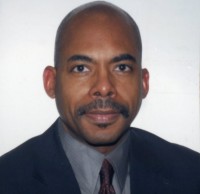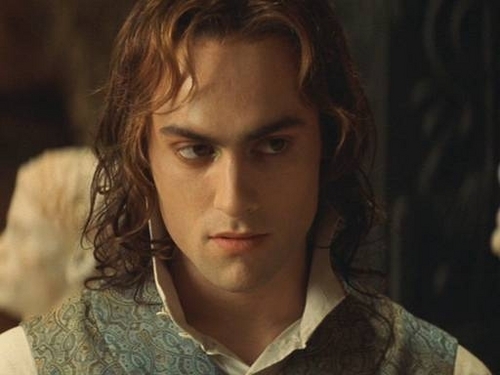 Current Location: Dividing time between Washington, D.C., and San Francisco.
Current Location: Dividing time between Washington, D.C., and San Francisco.
Current Gig: Managing director, Bolden Strategic Partners, a communications firm. We’re working on a media start-up to provide premium and custom news packages across platforms. I’m also consulting on digital media strategies and transportation policy.
Quick and Dirty Resume: I’ve been in a journalist for 21 years, with more than half that time spent in various editing roles at The Washington Post. My most important skill has always been my adaptability.
Six word memoir: I walk the journey without fear.
Favorite fictional character: Anne Rice’s vampire Lestat. It’s that adaptability thing again.
Favorite tech tool?: Storify. It was a vital tool for telling transportation stories when the Washington Metro was melting down.
What happens during your average day?
I begin my day with my iPad in hand, checking out Twitter, reading news aggregation apps, and tweeting information I find interesting. I spend a couple of hours consulting on the phone and more time than I like responding to e-mails but we’re in the midst of completing our business plan and speaking with partners about our media venture. I also try to learn something new every day. I’m spending a lot of time on planes and trains. Gogo Wireless and my 4G aircard are becoming my best friends, but I’m also making time to get healthy. I fell into a rut where I wasn’t making time to run or to work out. That’s changed.
Why did you choose to get involved with online media?
It is essential to the now of journalism. Online users are an important part of the reporting and news dissemination process, whether we’re talking about social media or traditional Web sites. The advancement of online technology is as important as the invention of the printing press for making more information accessible to more people — and for providing competition to news outlets that had become too comfortable with their monopolies. Journalists should be excited about that.
In your years of reporting on transportation policy, what have you learned about the politics of creating an infrastructure?
It used to be that infrastructure needs were a true bipartisan issue, but we’ve become so tangled up in special interests that have nothing to do with infrastructure that the future of the country is at stake. Our failure to find solutions to infrastructure problems are undermining the the economy, whether we’re talking about congestion on the rails, in the air, on the highways or at our ports. Gridlock in the halls of government won’t make the problem go away.
You recently took a buyout from the Washington Post. What is happening to the talent taking the buyouts? How is that impacting the journalistic landscape of newspapers like the Washington Post?
My colleagues are pursuing all kinds of different ventures, although some are moving to other legacy media operations and others are leaving journalism. I am most excited by those people who are taking what they’ve learned into new operations to try and help create the next wave of journalism. The loss of such talent does diminish the ability of organizations like The Post to function on some level, but there are plenty of talented people who are also left behind. However, I think the loss is more than offset by what emerges. Look at ventures like MedCity Media in Cleveland. That probably would not have happened if the founders had not taken buyouts several years ago. Journalism is now richer for what they are doing.
You are a member of multiple journalism associations. What’s the most valuable thing about paying your dues at the various organizations, and what do you wish journalism organizations did better?
I firmly believe in supporting the work of such organizations as they mentor new journalists and help provide training to people who are in the profession. I do see a need for more career support for journalists who are in the middle of the careers. I am amazed sometimes by how difficult it is for people to see the value of what they know and how it has multiple applications in the media. We need to do a better job of helping people make those connections. It will enrich their lives and the profession.
If you had a million dollars dedicated to improving media, you would …
… help fund journalism entrepreneurship training at the Poynter Institute and help incubate media start-ups somewhere like the Tow-Knight Center at CUNY.

